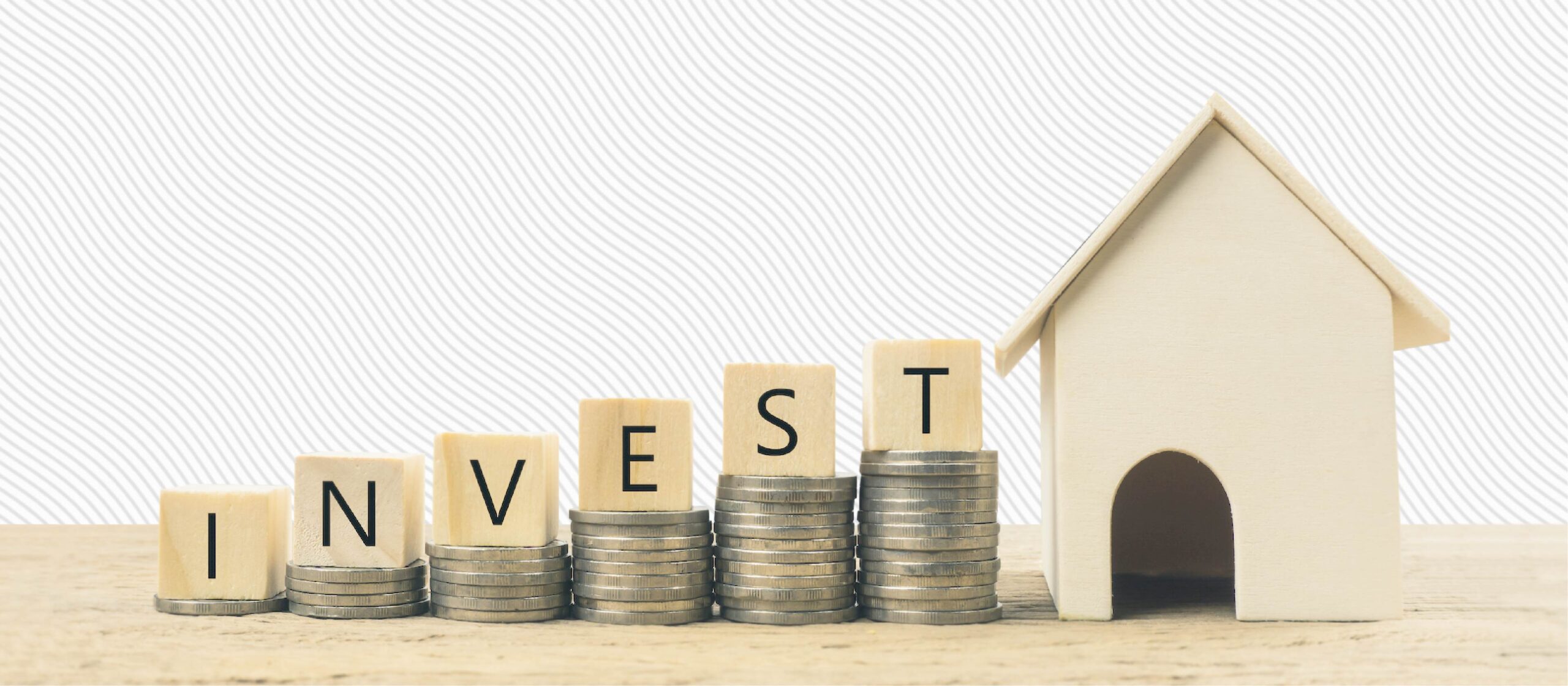
Harmonizing Technology with Lifestyle: The Path to a Luxurious Yet Grounded Existence
Harmonizing Technology with Lifestyle: The Path to a Luxurious Yet Grounded Existence In the grand


Harmonizing Technology with Lifestyle: The Path to a Luxurious Yet Grounded Existence In the grand

RERA: Revolutionizing the Indian Real Estate Landscape The Real Estate (Regulation and Development) Act, 2016

Conclusion In an era marked by rapid urbanization, gated communities stand out as havens of

© 2023 Axisconcept . All Rights Reserved